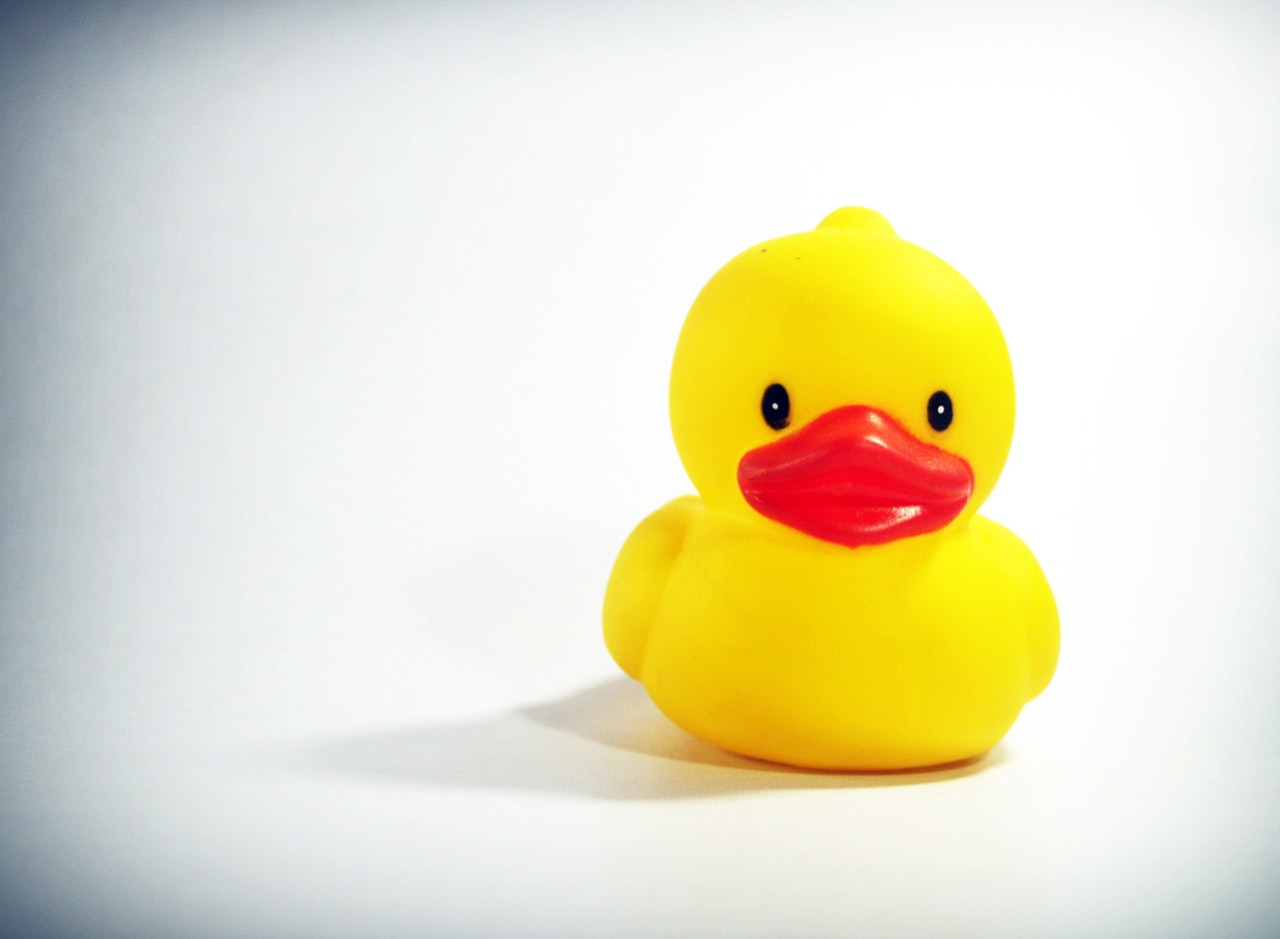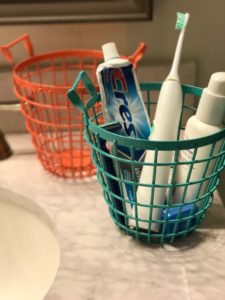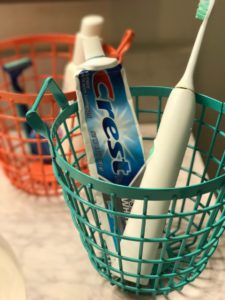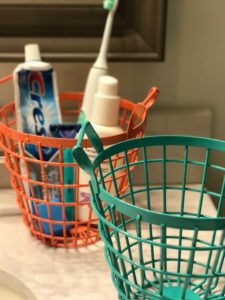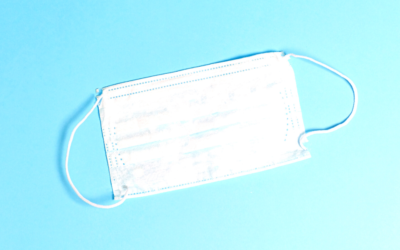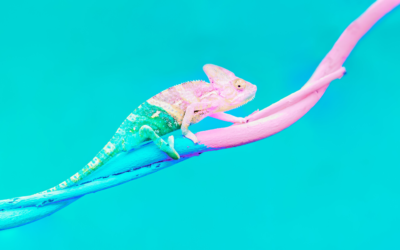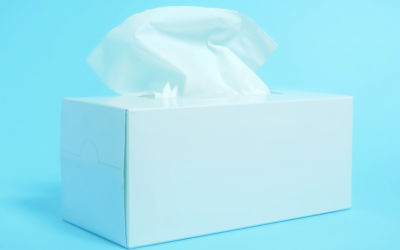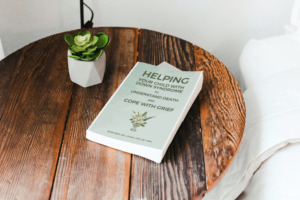I want to share with you a low-cost, low stress technique that you can use ot avoid power struggles and give your child more independence in their personal hygiene routine.
What makes getting ready in the morning so tough for special needs families
Many of special needs parents I see for counseling feel frustrated by their child’s personal hygiene routines (or the lack thereof). This is especially true in the morning.
Parents and caregivers want to promote independence, but they worry that a step in the self-care routine will be forgotten. They don’t want their child to fall into bad habits or suffer socially if they forget to put on deodorant, brush their teeth, or comb their hair. Mostly though, they’re so done with starting the morning off with nagging!
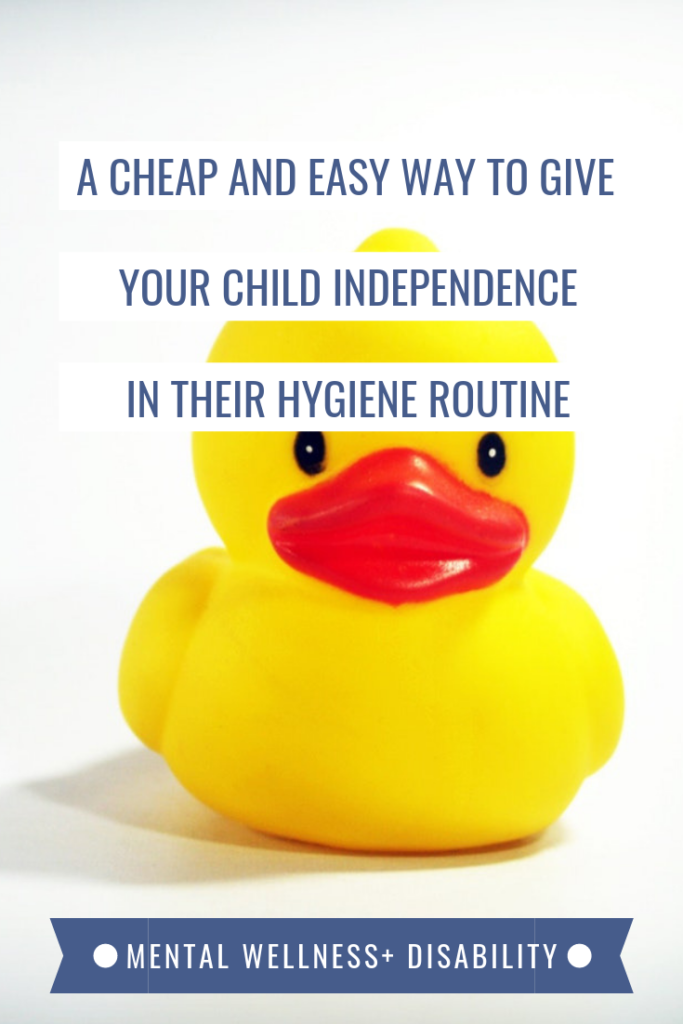
My solution is a simple one that:
- costs as little as $2.00 to implement
- helps people with disabilities in developing independence in their self-care routine
- gives parents or other caregivers confidence that the hygiene routine is happening…without the nagging!
Are you ready to learn about my secret weapon?
Here it is:
Two caddies from the dollar store!
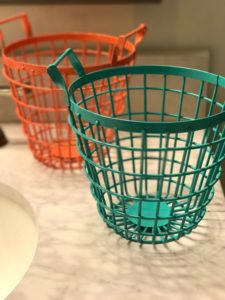
Here’s how it works
Designate one basket for the morning and one for the evening
For some, this is as simple as using a bright, sunny color basket for day and a darker basket to reflect evening.
Of course, I’ve worked with clients who’ve enjoyed taking a more artistic approach, and who have used decoupage and glue guns to create little pieces of bathroom art. If that gives your child an increased sense of ownership and authority over their hygiene routine then craft away!
Put everything in one basket
Think about all the steps your child takes in the morning to get ready for the day. These might include:
- Brushing their teeth
- Flossing their teeth
- Combing their hair
- Shaving their face
- Washing their face
- Taking medication
As they complete each hygiene task, move the products used into the other basket
This gives your child a visual cue as to what’s been completed and what’s left.
Also, unless there’s a specific reason they need to do a certain task first, it gives your child a sense of autonomy over their routine. And increasing choice and preserving autonomy is a huge help when it comes to avoiding power struggles.
Once the hygiene routine is finished
The other basket will be stocked and ready for the next evening or the following morning!
What if everything doesn’t fit in the baskets?
You may find that full size tubes of toothpaste or cans of shaving cream are too large to fit in your basket. If that’s the case, try using a travel size version of the same product.
Maybe you’re thinking ‘oh, I’ll just leave my toothbrush in the basket, and know that I need to get toothpaste out of the medicine cabinet when I’m brushing my teeth’?
I don’t recommend leaving a key product out of the basket. I’ve had several clients who have tried this, and who have wound up forgetting to use toothpaste while brushing their teeth since the paste wasn’t in their basket!
Remember, the idea here is to keep everything accessible and visible. This is especially helpful for people with disabilities who are considering going to college or moving to a more independent setting. They may no longer want to rely on a printed visual schedule to guide their morning routine. However, they might still want to have a little visual cue to ensure they stay on track. This method can be a happy medium.
What if my child takes forever to get through their personal hygiene routine? Am I just doomed to nag them forever?
If you find that your child is completing their hygiene routines more independently, but that it’s taking them a long time and you’re still nagging, just pop a timer into the bin and discuss with them that they should start the timer when they begin their hygiene routine.
Remember, the goal is that this method should give your child an increased sense of ownership over their hygiene practices. Ask them how long they think it should take them to complete their routine, and start with setting the timer for that length of time. Gradually, you can discuss limiting the time with them further. Avoid the urge to nag, let the timer provide your child with a nonverbal reminder of when they need to be done by. I love a timer like this one for this task, as the green, yellow, and red lights give an additional visual cue that time’s running out.
Elaborating on the two baskets routine
Some people will add a third bin for hygiene tasks that are only done once a week. These might include:
- Trimming or filing nails
- Plucking/trimming eyebrows
- Taking a once a week medication
They simply know that this bin is their ‘Sunday bin’, for example. Every Sunday they use all items in the basket, putting used items on the counter until the basket is empty. Then they put them all back so that they’re ready for next Sunday. Genius!
Some people find that this system works so well for them, that they use it in the shower. In this case, people will just swap the items used from one caddy to another as they shower, to ensure that they don’t forget to use body wash or shampoo.
Keeping up personal hygiene routines while traveling
You might be thinking “Great, I’ll pack the baskets for our upcoming trip. That way we’ll stay on track on vacation.”
My advice to you is simple. DON’T!
I find that disrupting the morning routine by packing everything up for a trip is often what undoes the morning routine!
Instead, I suggest that people have separate ‘travel’ bins. These bins should stay stocked with the same essentials that they use at home. Their hygiene routine is waiting for them to resume when they get home. This also ensures that forgetting to unpack doesn’t become the undoing of their independence in their hygiene routine.
I hope you found this to be a useful technique! Be sure to click on the social share buttons to let others know about this easy strategy to give your child more independence in their personal hygiene routine.

